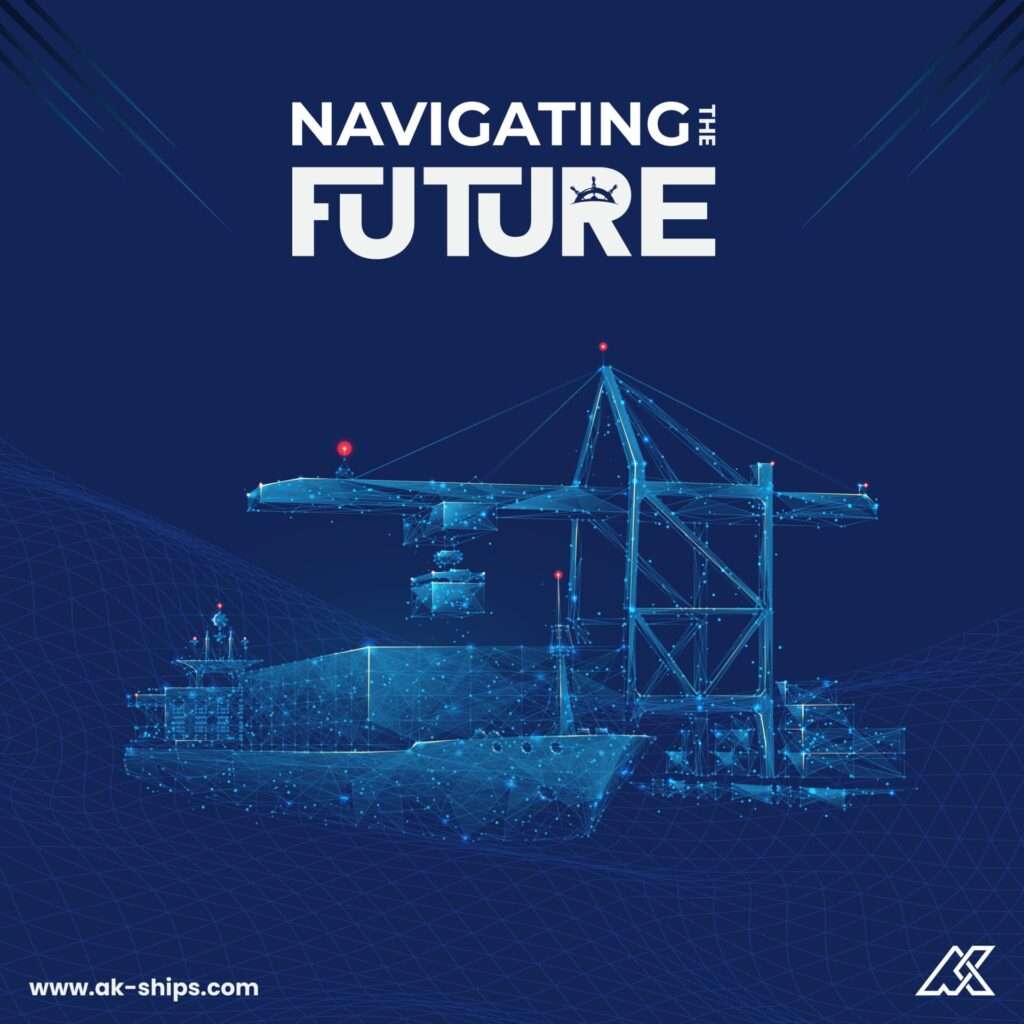
How Technology is Revolutionizing the Maritime Industry?
The maritime industry has experienced a significant transformation in recent years, primarily due to the digitization of various processes. According to recent statistics, this shift has led to a 30% increase in market efficiency and a 25% reduction in time spent on manual transaction tracking compared to traditional methods. One of the key developments in this sector is the emergence of ship-management software, which helps in monitoring ships entering and leaving ports.
To enhance user convenience, artificial intelligence (AI) and big data analytics have been integrated into these ship-management software systems. The incorporation of these advanced technologies has resulted in more accurate and efficient decision-making, ultimately benefiting the entire maritime industry.
As per the latest industry statistics, the adoption of technology in the maritime sector has led to a 20% reduction in operational costs and a 15% increase in productivity. Additionally, the integration of AI and big data analytics has contributed to a more sustainable approach to maritime operations, resulting in a 12% reduction in the environmental impact of shipping activities.
In summary, the ongoing technological revolution in the maritime industry is paving the way for a more efficient, cost-effective, and environmentally responsible future. As the market continues to embrace digitization, the integration of AI and big data analytics will undoubtedly play a vital role in shaping the industry’s growth and development.
